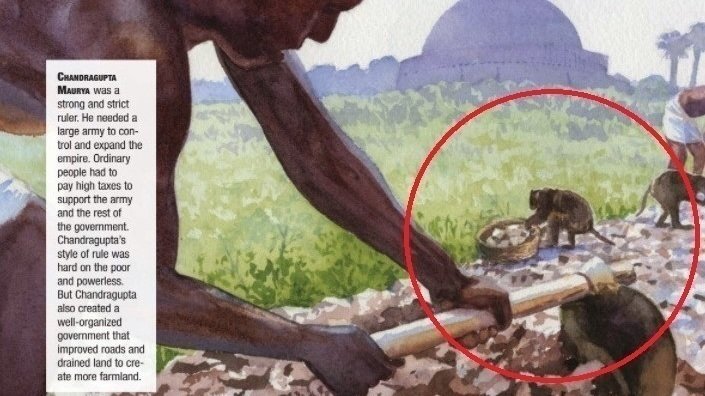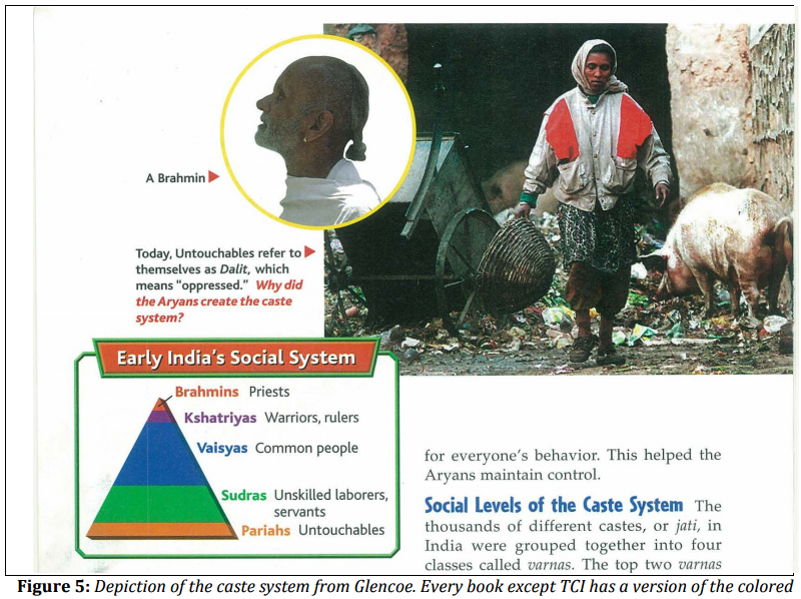Having read the previous FAQs posts in this blog, you may be inclined to ask: alright, lets say you are right – the system is messed up, first the Brits and then the Indian Left and Congress are responsible for it. But how is all this relevant for me today? I am just an aam aadmi going about my daily life untouched by any of this. I will give two arguments for how it matters to you – first a mundane one reflecting on the current state of Indian politics, and then a philosophical and civilizational one.
Current State of Indian politics
This blog should be relevant for any Indian who is bothered by the rise of Kejriwal, the resurgence of Laloo and the perversions of the reservation system.
[And if you are not bothered you should watch this discussion of RM with former AAP members recorded in April 2014 while Modi was running his campaign. They spill the beans on Kejriwal, Shishodia, Medha Patkar and Prashant Bhusan and many non-AAP members too. They basically provide ground evidence for the various Breaking India forces that RM has been speaking about for a while now.]
There is no way of understanding the divisions in the Indian society today and the sorry state of Indian politics without a proper understanding of the history of India, especially the colonial period. Proper understanding of the Hindu Dharma is part of it.
Some of you may be wondering that things are different now given that Modi is in power. I don’t think Modi came to power because of a mass revival of Hinduism or because his positive message of development hit home. The most significant factor contributing to Modi’s success was the mess that the previous UPA government created for 10years! There are striking parallels with the election of Obama in the US. Obama too ran an extraordinary campaign but were it not for the previous 8 years of Bush Jr or McCain’s Palin blunder, I don’t think Obama would have made it.
The point is that in both cases a good fraction of voters stepped out of their comfort zones to vote for Modi and Obama. In the case of Obama the reluctance was due to race, and for Modi it due to his perceived non-secular character. It is not that the race fault lines in the US suddenly healed or that the 80% Hindu population of India suddenly discovered their Hinduism is not anti-anyone.
What this means is that all those voters who reluctantly voted for Modi may flip back, as has already happened in Delhi and Bihar state elections. It won’t take long for the country to relapse into old habits. Therefore, it is incumbent on us to educate ourselves on the real state of affairs, not what is reported on NDTV.
By the way, in case you haven’t closed this window yet after labeling me a right-wing Modi supporter, in spite of the title of this blog :-), let me set the record straight about my political leanings. Yes, I am an unequivocal Modi supporter. But I am not completely sold on BJP. I don’t think most BJP leaders and workers have the perspective that I outline in this blog; they are just doing good old petty vote bank politics.
The Civilization Argument
Any serious and unbiased student of Indian history would appreciate that the Indian civilization is built on some amazingly profound ideas.
Ideas that are at par, if not much grander than the modern western conception of freedom, liberty, scientific spirit, economic and social justice, and environmental conservation. I will provide supporting evidence in this blog. And ideas are timeless, just like even thousand years from now the atomic hypothesis or general relativity would be considered a triumph of human intelligence. I believe it is in this sense of timelessness of ideas that the Hindu Dharma is called sanatan (eternal) dharma.
But, you may say, the atomic hypothesis is now more of a great idea of the past with little relevance beyond a pedantic one. There are much more sophisticated theories today. Indian philosophical ideas may be in the same boat today.
Possible.
But I don’t think so. Once again, my views are not based on a nostalgic or a romantic idea of the past. I invite the reader to do his own research and decide for himself. It would be a travesty if the grand civilizational ideas of India die out due to apathy of Indians.
The over arching goal of this blog is to reduce the barriers to such self inquiry.

